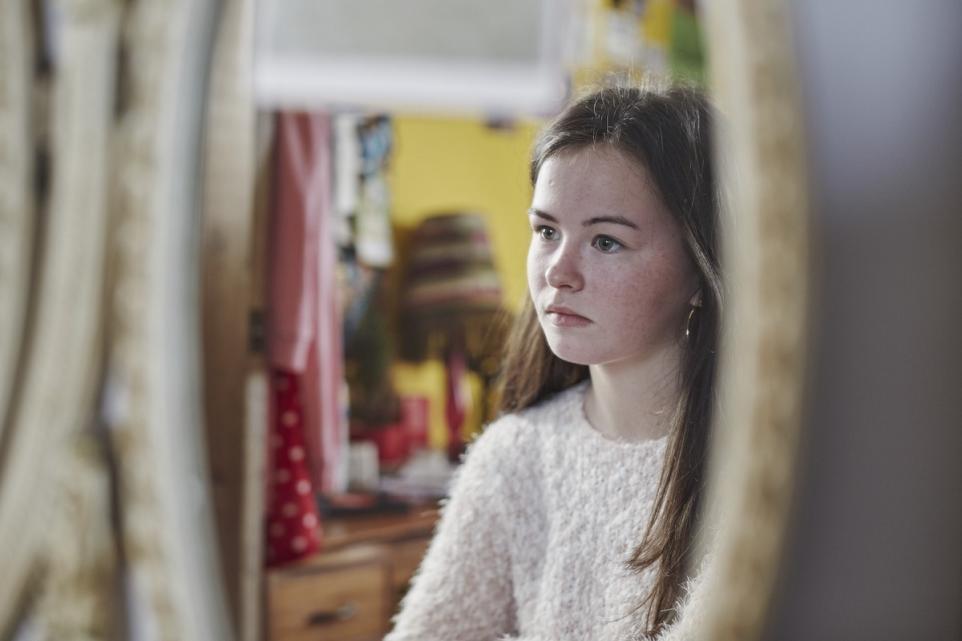From artisanal crepes to rebellious cheesecake waffles, Reading's breakfast rebels are transforming morning meals. These seven spots will revolutionize how you start your day.
The Euros and Wimbledon are over, and the Olympics are just around the corner - but for many children, summer will truly arrive with the school holidays. While this period is filled with excitement and freedom for the young ones, it can present a quandary for parents who may still need to attend work or other commitments. The National Society for the Prevention of Cruelty to Children (NSPCC) offers invaluable advice on the issue of leaving children home alone, ensuring their safety and well-being during the long, sun-drenched days.
The Dilemma of Modern Parenting
For working parents, summer holidays often bring a mix of joy and anxiety. The primary concern is the safety and welfare of their children when they cannot provide constant supervision. The NSPCC has issued comprehensive guidelines to help parents make informed decisions about when – or if – it's appropriate to leave their children unsupervised.
General Guidelines from the NSPCC

Source: https://www.heraldseries.co.uk/news/24455114.nspcc-advises-issue-leaving-children-home-alone/
The NSPCC emphasises that there is no one-size-fits-all answer to the question of whether it’s safe to leave children home alone. Each child is different, and parents need to consider various factors including the child's age, maturity, and comfort level with being alone. However, the NSPCC does provide some general guidelines:
- Children under 12 are rarely mature enough to be left alone for a long period.
- Babies, toddlers, and very young children should never be left alone.
- Children under 16 should not be left alone overnight.
- Parents must ensure children know how to contact them, and emergency services if needed.
Assessing Your Child's Readiness
Parents are advised to ask themselves several questions to gauge whether their child is ready to be left alone:
- Does your child feel comfortable about being left alone?
- Do they understand basic safety measures such as not opening the door to strangers?
- Can they follow instructions and rules set for their safety?
- Are they aware of what to do in an emergency?
Creating a Safe Environment
If parents decide that their child is mature enough to be left alone, it’s crucial to create a safe environment. This includes setting clear rules about what is and isn’t allowed, making sure the house is secure, and discussing scenarios they might face while alone. It's also beneficial to have regular check-ins and to keep communication lines open.
Alternatives to Leaving Children Alone
For those who feel uncertain about leaving their children home alone, there are several alternatives: arranging playdates at friends' homes, enrolling children in holiday clubs or camps, or seeking assistance from family members or trusted neighbors. These options provide supervised environments where children can remain safe, engaged, and socialised.
Conclusion
As summer arrives with the school holidays, ensuring children's safety while balancing parental responsibilities becomes a significant concern. The NSPCC’s advice serves as a critical resource for parents navigating this challenging period. By assessing their child's readiness, creating a safe environment, and considering alternative arrangements, parents can make informed decisions that prioritise their children's well-being. Ultimately, the goal is to enjoy a summer filled with joy and peace of mind.